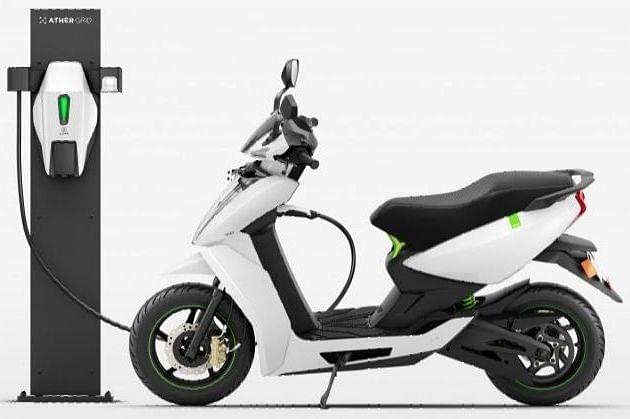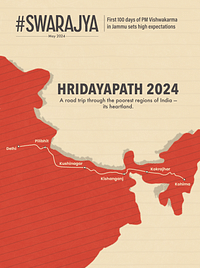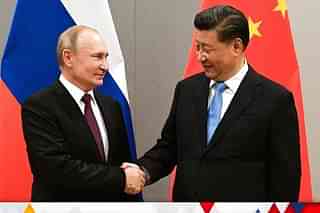News Brief
Government Allows Sale Of Electric Vehicles Without Batteries
Arun Kumar Das
Aug 14, 2020, 11:59 AM | Updated 11:59 AM IST
Save & read from anywhere!
Bookmark stories for easy access on any device or the Swarajya app.

With the aim of making electric vehicles (EVs) more affordable, the government has allowed the sale of EVs without a pre-fitted battery, a step towards reducing the upfront cost of the cleaner vehicles.
The Road Transport and Highways Ministry has issued a notification allowing the sale of electric two- and three-wheelers without a pre-fitted battery. The battery could be provided separately by the OEM (original equipment manufacturer) or energy service.
Batteries account for almost half the cost of an EV, making them vastly more expensive than a combustion engine vehicle of similar performance.
According to the ministry, if the cost of batteries is delinked from that of the vehicle, electric two- and three-wheelers could cost less than fossil-fuel-powered vehicles.
The pre-fitted batteries account for almost 30-40 percent of the total cost of electric vehicles. They can be provided separately by the companies, according to the ministry.
The ministry has clarified in its letter to the transport secretaries of all the states and Union Territories that EVs without batteries can be sold and registered based on the type approval certificate issued by the test agency.
The ministry also said that there is no need to specify the make and type or any other details of the battery for the purpose of registration.
However, the prototype of the EV and the battery (regular or swappable) is required to be type-approved by the test agencies specified under Rule 126 of the Central Motor Vehicles Rules, 1989.
In its advisory to the principal secretaries and transport secretaries of states, the ministry said that the government is striving to create an ecosystem to accelerate the uptake of electric mobility in the country.
The ministry stated that recommendations were brought to its notice to delink the cost of the battery from the vehicle cost for the promotion of electric vehicles.
According to the ministry, the time has come to work jointly to achieve broader national agenda to reduce vehicular pollution and oil import bill. This will not only protect the environment and reduce the oil import bill but also provide opportunities to sunrise industries.
Save & read from anywhere!
Bookmark stories for easy access on any device or the Swarajya app.
Arun Kumar Das is a senior journalist covering railways. He can be contacted at akdas2005@gmail.com.
Support Swarajya's 50 Ground Reports Project & Sponsor A Story
Every general election Swarajya does a 50 ground reports project.
Aimed only at serious readers and those who appreciate the nuances of political undercurrents, the project provides a sense of India's electoral landscape. As you know, these reports are produced after considerable investment of travel, time and effort on the ground.
This time too we've kicked off the project in style and have covered over 30 constituencies already. If you're someone who appreciates such work and have enjoyed our coverage please consider sponsoring a ground report for just Rs 2999 to Rs 19,999 - it goes a long way in helping us produce more quality reportage.
You can also back this project by becoming a subscriber for as little as Rs 999 - so do click on this links and choose a plan that suits you and back us.
Click below to contribute.





